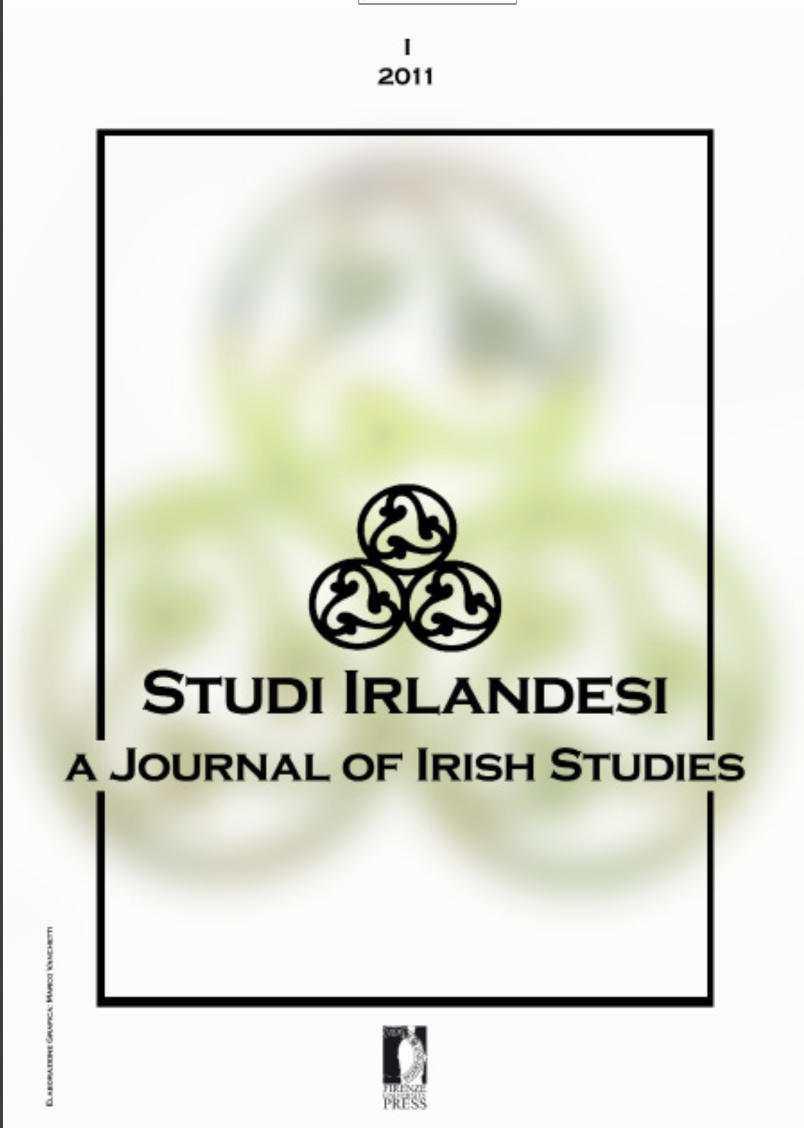Personal Wounds, National Scars. Reflections on Individual and Cultural Trauma in Anne Enright’s “The Gathering”
Pubblicato 2011-08-09
Come citare
Abstract
In her 2007 novel, Enright presents her readers with a complex network of disturbing, ambiguous narratives, woven together – however tentatively – by the grief-stricken voice of Veronica Hegarty. What emerges is a painful chapter of the moral history of contemporary Ireland, one in which ‘family’ and ‘religion’, the country’s traditional cornerstones, seem to have equally fallen from grace. Indeed, Veronica’s late recollection of the sexual violence that her suicidal brother Liam underwent as a child in a ‘protected’ domestic environment, is mirrored, on a larger scale, by the progressive awakening of her society to a shocking reality of child abuse, not only in people’s homes, but also in the bosom of the Irish Catholic church. Veronica’s personal wounds become thus metonymical of the cultural trauma that has torn her country’s social fabric, and it is precisely the public exposure of those facts that triggers her memories of what went on in her own childhood. Therefore, if the gathering of the title certainly is the coming together of the Hegarthy family for Liam’s wake, it is also and most importantly Veronica’s gathering of distant images of her family’s life, in an attempt to rediscover the long-lost tassels of the puzzle, break the spell of paralysis and, perhaps, let the healing process begin.


